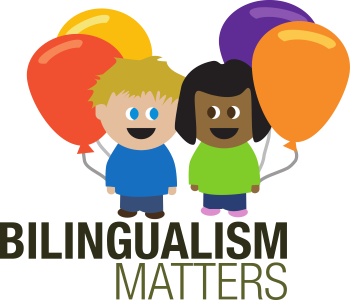Despite a growing number of official documents about bilingual education issued in the past few both by the Council of Europe and by the European Commission, basic and up-to-date knowledge about bilingualism is often missing from teacher training curricula in HEIs across Europe; thus, bilingualism is often mentioned in the context of educating students with special educational needs. This situation is unsatisfactory in present-day Europe, where migration both within the EU and from non-EU countries is a major contributor to demographic change, and multilingual repertoires in educational settings are more and more multifaceted. It is therefore vitally important to provide teachers and future teachers, as well as other education professionals, with basic knowledge about bilingualism and multilingualism in the educational contexts.
The project “Teacher Education About Multilingualism” (TEAM) aims to educate pre-service teachers in Higher Education Institution settings about bilingualism and multilingualism by creating an on-line course on that can be used in teacher-training institutions in partner countries.
The project team members come mainly from linguistics and psychology departments and the course we are preparing is meant to be interdisciplinary, presenting perspectives from different fields of research and bringing up-to-date research from the lab into the classroom. This multidisciplinary transnational team of active researchers and experienced educators with complementary professional expertise and skills provides a unique opportunity to create a course that is innovative with regard to both its content and classroom pedagogy, with the team members learning from one another in the process. As the e-learning course and the TEAM open education resource will be made available to university instructors and students as well as the general public, including migrants and language minorities, we believe the project will support the development of digital competencies among educators as well as in underrepresented groups.
All TEAM project partners are members of Bilingualism Matters,  an international community of organisations and individuals who share the commitment to make the latest, research-based evidence on multilingualism and language learning available and accessible to families, communities, and professionals in education, health and policy. Find out more on the Bilingualism Matters website: https://www.bilingualism-matters.org/
an international community of organisations and individuals who share the commitment to make the latest, research-based evidence on multilingualism and language learning available and accessible to families, communities, and professionals in education, health and policy. Find out more on the Bilingualism Matters website: https://www.bilingualism-matters.org/